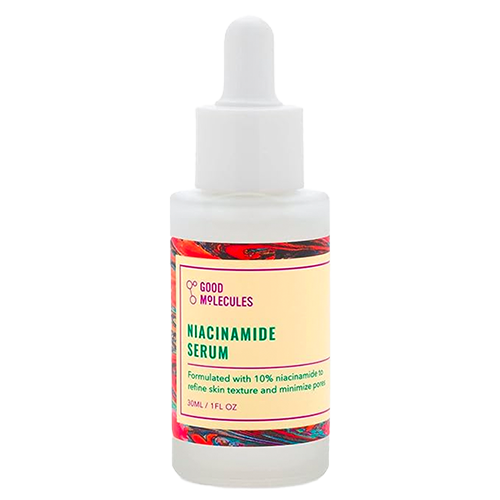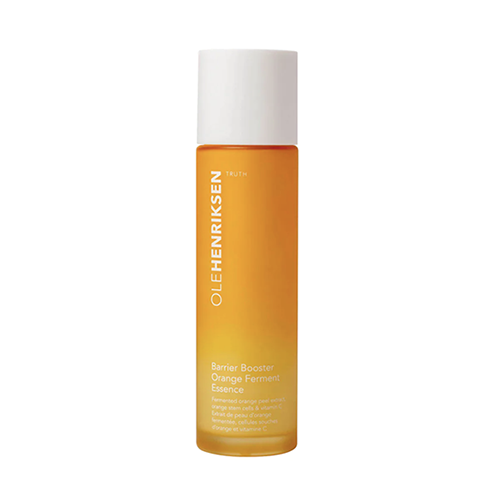5 Retinol alternatives
Post contains affiliate linksRetinol is a form of Vitamin A and is widely known for its effectiveness in treating various skin conditions such as acne, wrinkles, and hyperpigmentation. However, when it comes to using retinol, there are some risks that need to be considered, which you might want to avoid by using a retinol alternative.
Let’s dig a little deeper! Retinol, is a chemical derived from vitamin A, it encourages your skin cells to make collagen (halleujah) which in turn then gives us that youthful appearance. It treats fine lines, improves pores - I could go on but essentially it’s magic in a bottle.
For obvious reasons it is a powerhouse ingredient, so I get the upset and I’d shed a tear too if I had to pack it away for a while.
On the downside, Retinol is known to be a skin irritant and can cause redness, peeling, and dryness. These side effects can be especially problematic when the skin is more sensitive and prone to irritation.
What are the best 5 Retinol alternative ingredients?
It is important to consult with a healthcare professional before using any skincare products that contain retinol, if you are concerned about it’s impact on your skin.
There are safe alternatives to Retinol that can be used to help improve skin texture and tone. Some of the best retinol alternatives include:
#1 Vitamin C:
A powerful antioxidant that can help to brighten skin, reduce the appearance of dark spots, and boost collagen production.
#2 Niacinamide:
A form of Vitamin B3 that can help to improve skin texture and reduce the appearance of fine lines and wrinkles.
#3 Bakuchiol:
A plant-based ingredient that has been shown to have similar anti-aging benefits as Retinol, but without the potential risks.
#4 Glycolic Acid:
An alpha hydroxy acid that can help to exfoliate the skin, reduce the appearance of fine lines and wrinkles, and improve skin texture.
#5 Azelaic Acid:
A naturally occurring acid that can help to reduce the appearance of acne, hyperpigmentation, and rosacea.
With that in mind, I’d recommend these 5 retinol alternative products as they’re highly effective:
Good Molecules
Niacinamide Serum
OLEHENRIKSEN
Truth Barrier Booster Orange Ferment Vitamin C Essence
The Ordinary
Glycolic Acid 7% Toning Solution
Paula’s Choice
Azelaic Acid
Retinol alternatives, the conclusion
In conclusion, there are safe alternatives to Retinol that can be used to help improve skin texture and tone. It is important to note that even though these alternatives are safe, it is still recommended to consult with a healthcare professional before incorporating them into your skincare routine.
You might also like:










